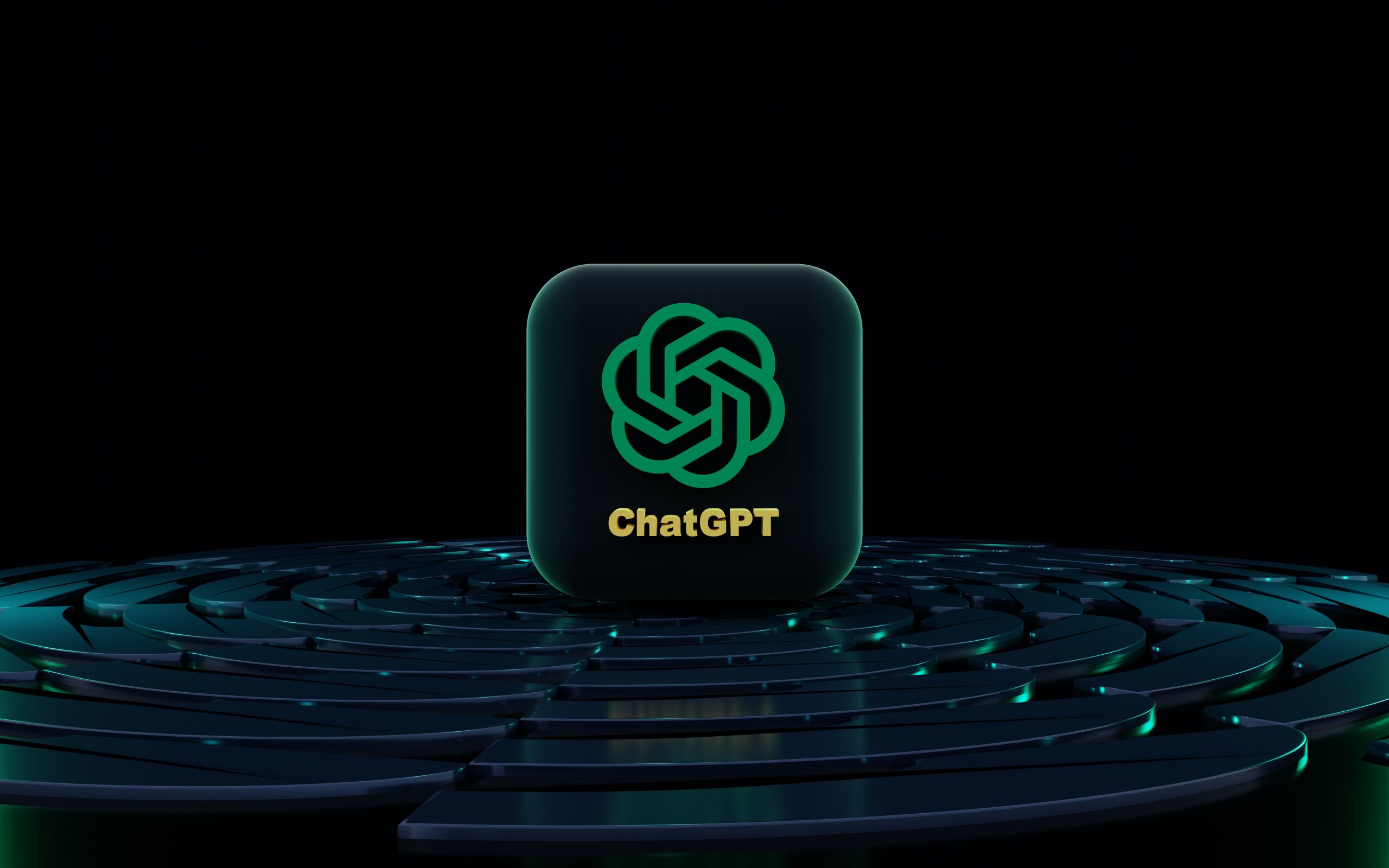ChatGPT is taking the world by storm, and causing a lot of ruckus amongst freelance writers in general. I have already lost count of the number of times I’ve been asked whether ChatGPT will cause a problem for those in the pet writing world. Will ChatGPT mean an end to vet writers?
Well, I don’t think so. In fact, I think ChatGPT is going to make it even more important to check your sources, and ask experts to weigh-in on your articles. Here’s why:
What is ChatGPT?
ChatGPT uses artificial intelligence (AI) to answer questions set to it. Like a very advanced version of the predictive text on your phone, ChatGPT recognises which words are likely to come after both the words you input into it and the words it writes itself. So it can literally ‘build’ essays, articles, and even poetry by learning what words are likely to come next.
Is it safe to use ChatGPT to write pet articles?
ChatGPT has a number of limitations, and the warnings at the beginning of the system freely admit that it may give incorrect information or harmful instructions. This alone should discourage people from using ChatGPT for pet writing.

Will Google recognize and rank a ChatGPT article?
We don’t yet know whether Google will recognise that an article has been written by ChatGPT. Chances are, it will – since a Princeton student has already created an app that will tell whether something was written by ChatGPT or not. Although Google will probably not use this exact model, they’ll surely develop something similar to detect articles written by ChatGPT (and its competitors, who include Google themselves).
Which brings us onto the next question – how will articles written by ChatGPT rank? Well, that probably depends on the subject. But for medical articles, finance blogs, and pet writing – the ‘Your Money or Your Life’ websites – it’s likely Google will not rank articles written by AI systems highly. After all, Google’s E-A-T update has already shown their commitment to using qualified writers where pet writing is concerned.
So what does ChatGPT mean for pet websites?
Apart from the question over whether you can rank if your article is written by ChatGPT, owners of pet websites and businesses have to be careful when writing their articles. If your writers find a ChatGPT article in their research, they have no way of knowing whether it was written by AI and the accuracy of the article. Writers paraphrasing articles could form a web-based echo chamber, not realising they are spreading false information. This means that it’s more important than ever to get an expert’s opinion on a topic to ensure the information given is accurate.
Conclusion
Vet writers do need to be careful of ChatGPT and other AI bots – but not because they’re going to steal our jobs any time soon. Pet writing, along with any of the other YMYL areas, likely won’t suffer from ChatGPT, as I expect Google to still want accurate information written by experts in their field.
We guarantee we will never write our articles with AI – your content is too precious to be trusted to a robot, even a clever one!


